Former president Donald Trump faces a total of 91 charges across four criminal cases. They include 44 federal charges and 47 state charges, all of them felonies. Trump has denied wrongdoing in each case.
Breaking down the 91 charges Trump faces in his four indictments
Here is a breakdown of the charges:
13 charges in the Georgia election interference case
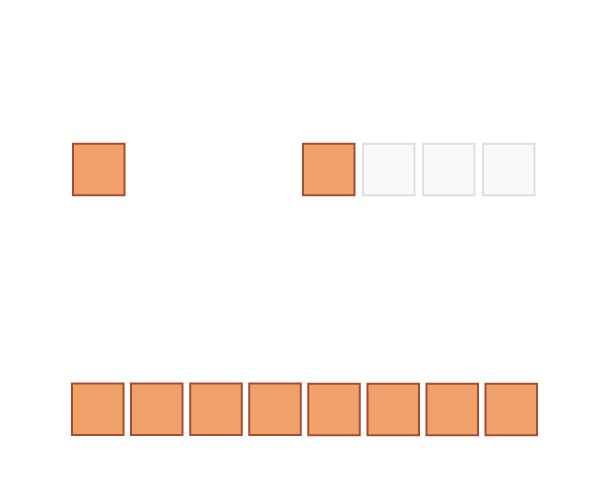
1
Racketeering
4
Soliciting or impersonating
a public officer
8 counts
Related to forgery or false
statements and documents

1
Racketeering
8 counts
Related to forgery or false
statements and documents
4
Soliciting or impersonating
a public officer
The Fulton County, Ga., district attorney charged Trump and 18 others in connection with efforts to reverse his 2020 election loss in the state.
What do the charges mean?
The most sweeping charge in this case is Trump’s alleged violation of Georgia’s powerful anti-racketeering law. This law allows prosecutors to charge a large group of people in a complex web of potential crimes. The indictment says Trump and others were part of a criminal enterprise that refused to accept his election loss and conspired to change the outcome.
Separate counts of soliciting or impersonating a public officer refer to attempts by Trump and co-defendants to pressure officials to find ways to change the results, mainly by peddling false claims about voter fraud. The remaining counts — forgery, false statements and false documents — involve the plot to appoint fake electors, as well as the bevy of false voter fraud claims Trump and others made as they allegedly tried to subvert the election. Read more about the individual charges.
Four charges in the federal Jan. 6 election case
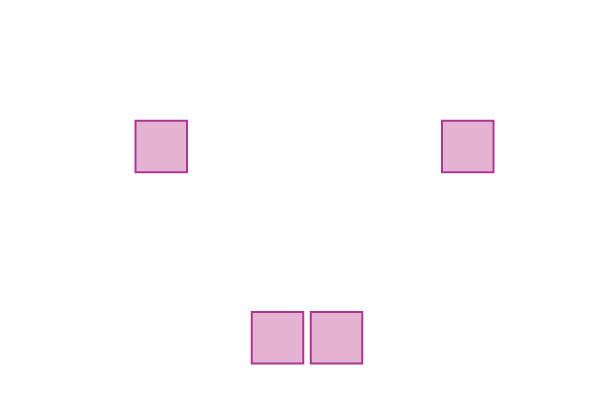
1 count
Conspiracy to defraud
the U.S. government
1
Conspiracy against
civil rights
2
Obstruction

1 count
Conspiracy to defraud
the U.S. government
1
Conspiracy against
civil rights
2
Obstruction
Federal prosecutors are investigating the Jan. 6, 2021, attack on the U.S. Capitol and efforts by Trump and his allies to overturn the results of the 2020 presidential election.
What do the charges mean?
Conspiracy is a broad legal term meaning two or more people plotted to break the law and then took steps to do so. A conspiracy does not have to be successful to amount to a crime.
In this case, Trump and a group of alleged co-conspirators — unnamed but many identifiable through prosecutors’ descriptions — are accused of scheming to reverse the election results and keep Trump in power. The three conspiracy counts relate to the myriad ways they allegedly tried to accomplish that goal. The fourth count, attempting to obstruct an official proceeding, arises from Trump’s attempt to stop Congress from certifying Joe Biden’s win. Read more about the individual charges.
40 charges in the classified documents case
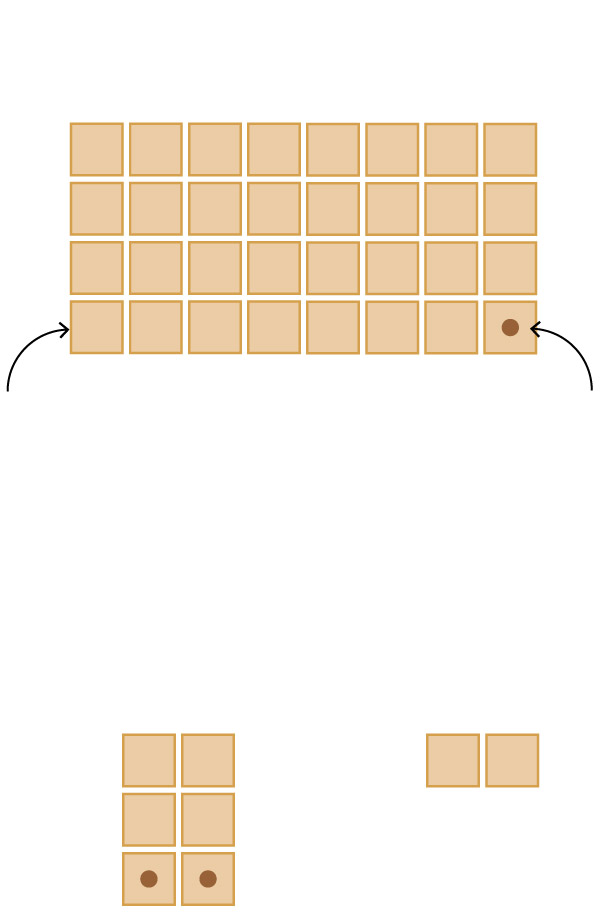
32 counts
Willful retention of
national defense information
Each corresponds
to one classified
document
Added in superceding
indictment after initial
charges filed in June
2
False
statements
6
Related to obstruction,
withholding or
altering documents
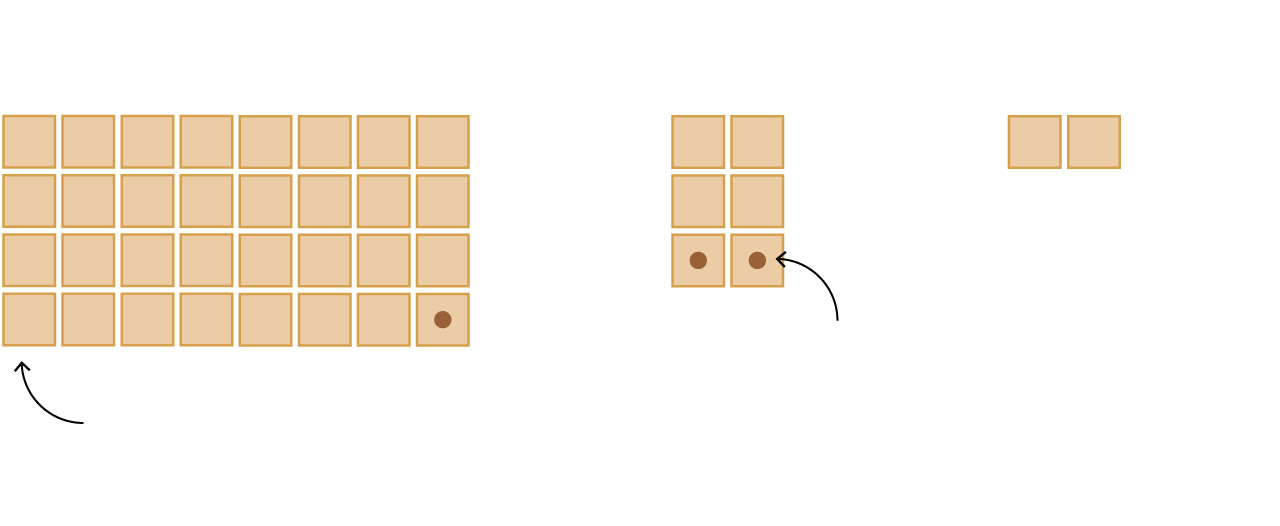
32 counts
Willful retention of
national defense information
2
False
statements
6
Related to obstruction,
withholding or altering documents
Added in superceding
indictment after initial
charges filed in June
Each corresponds
to one classified
document
Federal prosecutors charged Trump with illegally hoarding classified documents from his presidency and conspiring with aides to cover up his actions.
What do the charges mean?
Each of the first 32 counts relates to a different classified document that prosecutors say Trump illegally kept after he left the White House. Some of the documents contained military intelligence and other sensitive information that could harm national security if exposed, according to prosecutors. The other charges involve Trump’s alleged attempts to hide the documents from investigators and delete Mar-a-Lago security footage. Read more about the individual charges.
34 charges in the falsifying business records case
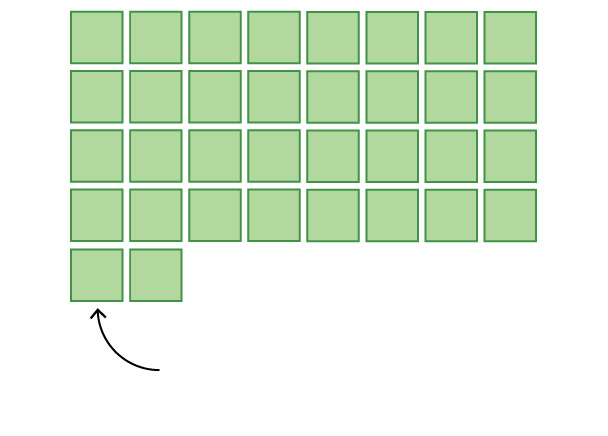
Each represents an alleged
misclassified campaign expense

Each represents an alleged
misclassified campaign expense
The Manhattan district attorney charged Trump with falsifying business records in connection with hush money payments to adult film actress Stormy Daniels during the 2016 election.
What do the charges mean?
These are essentially bookkeeping charges. Each involves a separate instance in which prosecutors allege that Trump misclassified campaign expenses as legal expenses. Falsifying business records is a misdemeanor in New York but can be charged as a felony when prosecutors believe there is an “intent to defraud” that includes an intent to “commit another crime or to aid or conceal” a crime. Read more about the individual charges.


